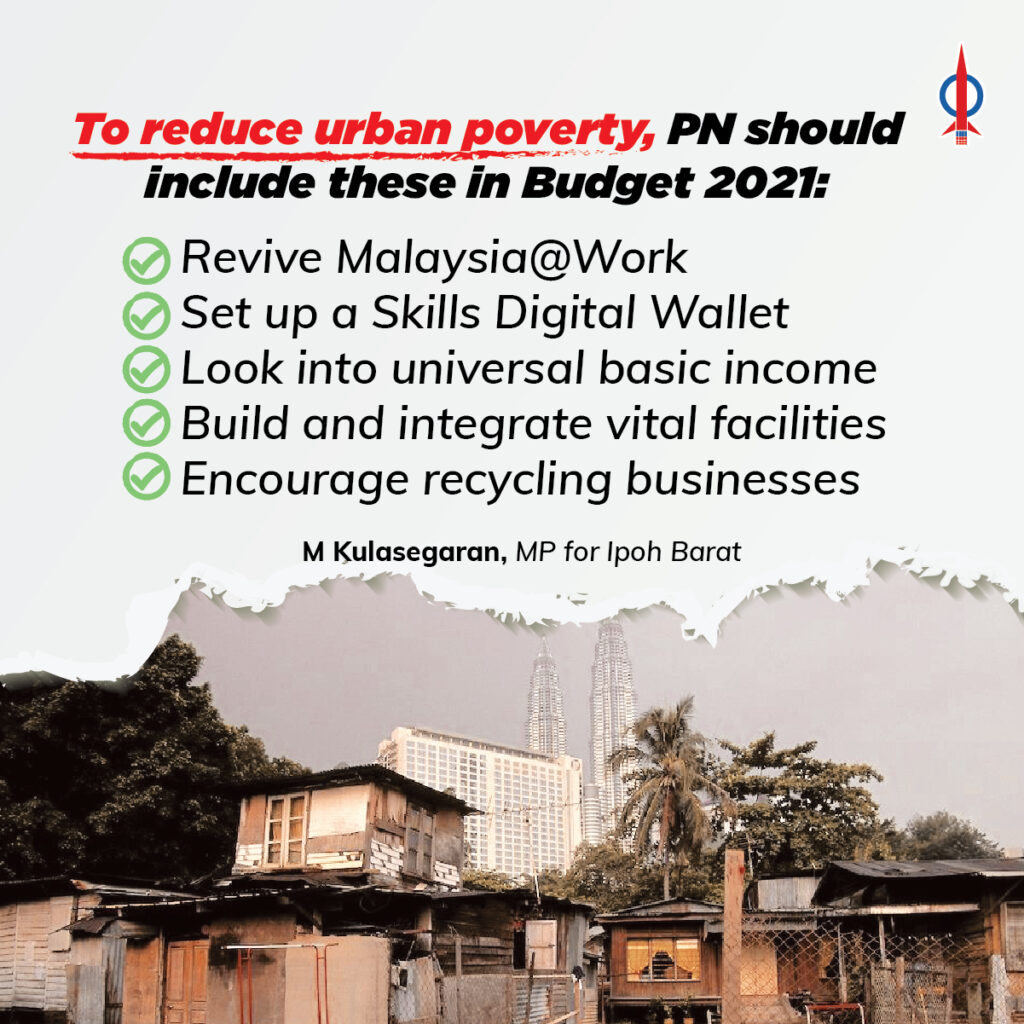
Press Statement
31st October 2020
I was appalled to read the report by The United Nations Population Fund (UNFPA) which commissioned the study with the United Nations Children’s Fund (UNICEF) – that every 3 young adults in Kuala Lumpur’s poorest are either jobless or have given up seeking employment.
This is a staggering rate that underscores a deepening crisis besetting the country’s most vulnerable communities amid a pandemic.
It goes to show that earlier studies had the same findings; urban poverty in Malaysia is far harsher and more extreme than rural poverty. Low levels of education or skills, lack of employment opportunities, low wages, large family size and lack of basic amenities are among the factors that cause urban poverty.
We must curb unequal distribution of wealth within the nation in terms of education, housing, and health care as well as develop sustainable approaches by the Government in resolving this problem through Budget 2021.
There are a few areas the Government should look at to reduce urban poverty:
1. Malaysia@Work initiative
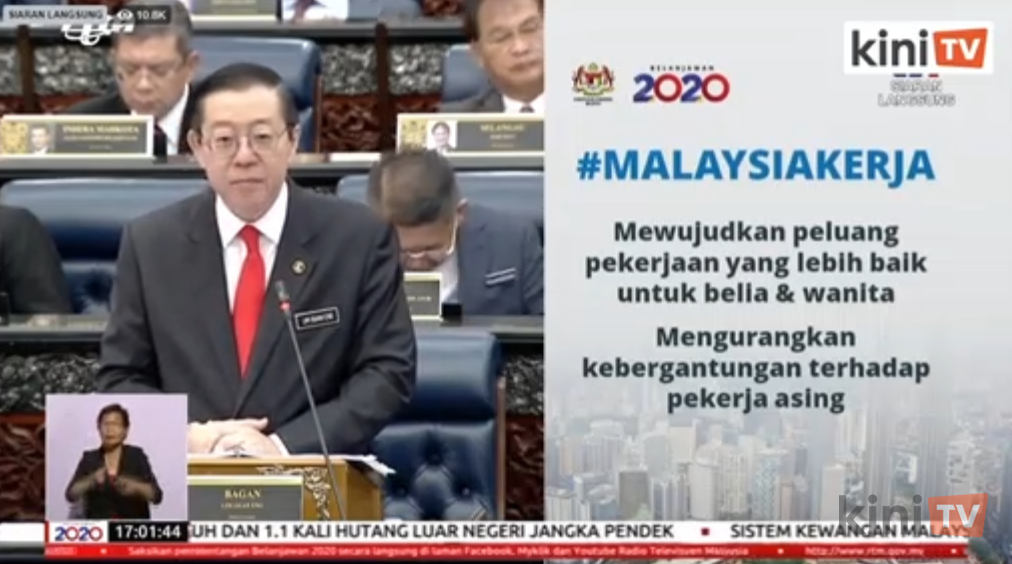
Credit: KiniTV
The Malaysia@Work initiative which was part of Budget 2020 should be revived and given a new life. The Malaysia@Work initiative comprises four components, Graduates@Work that focuses on employment among fresh graduates, Apprentice@Work that aims at increasing technical and vocational education and training participation among youths (skilling). Women@Work to attract talent among qualified women and Locals@Work to promote dangerous, dirty and difficult (3D) jobs to Malaysians.
2. Skills Digital Wallet (Skilling)
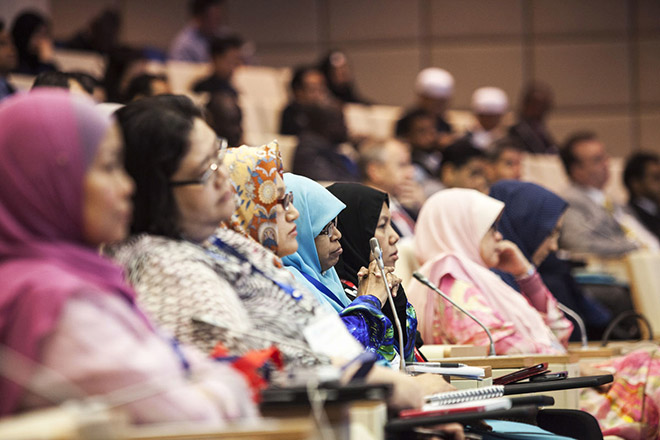
In order to get Malaysians skilled, the government should also set up a Skills Digital Wallet to encourage Malaysians to get skilled or upskilled as part of their lifelong-learning journey.
At least RM500 must be credited into the wallet aimed to reskill and upskill Malaysians to prepare them for future jobs, the future economy, the gig economy, and IR4.0.
The money should only be used at reputable institutes that have made a name for skilling, reskilling, and upskilling Malaysians and it must expire within 3-6 months in order to get early results.
Companies should also be encouraged to contribute towards this wallet for their staff as they in return will have upskilled staff.
3. Universal basic income/ Minimum wage
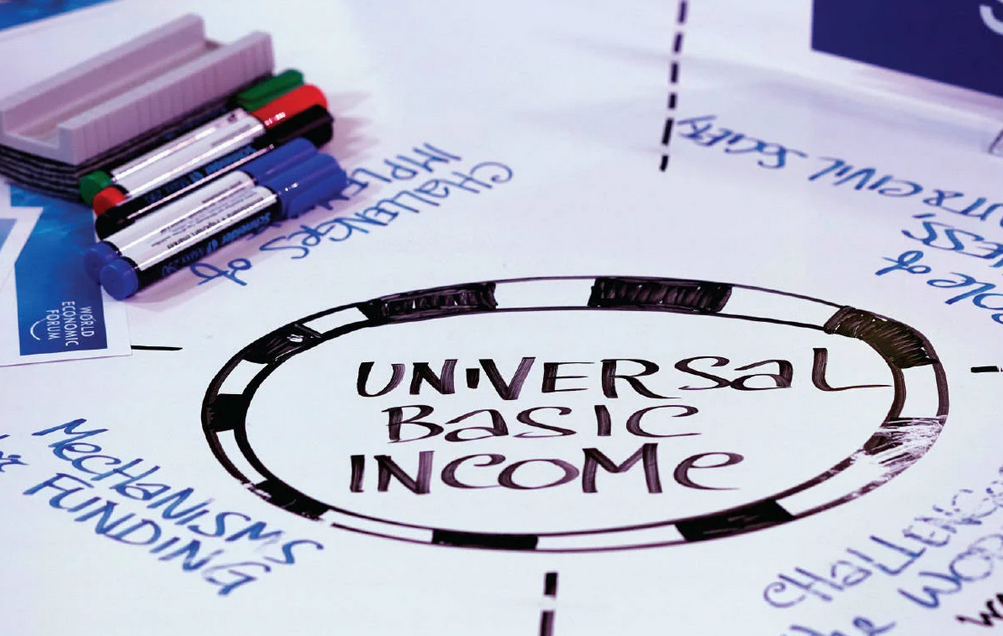
Source: The Edge Markets
There is a need to explore the concept of universal basic income as a long-term strategy to combat urban poverty. Universal basic income refers to a guaranteed liveable income that is provided to everyone who can be considered poor on a regular basis.
The best way of ensuring that no family is short on food is by paying at least RM 1500 monthly to households listed in Bantuan Prihatin Negara.
The minimum wage was increased by the PH government to RM1,200 and this should also be reviewed and increased gradually.
4. Integrated facilities for the poor
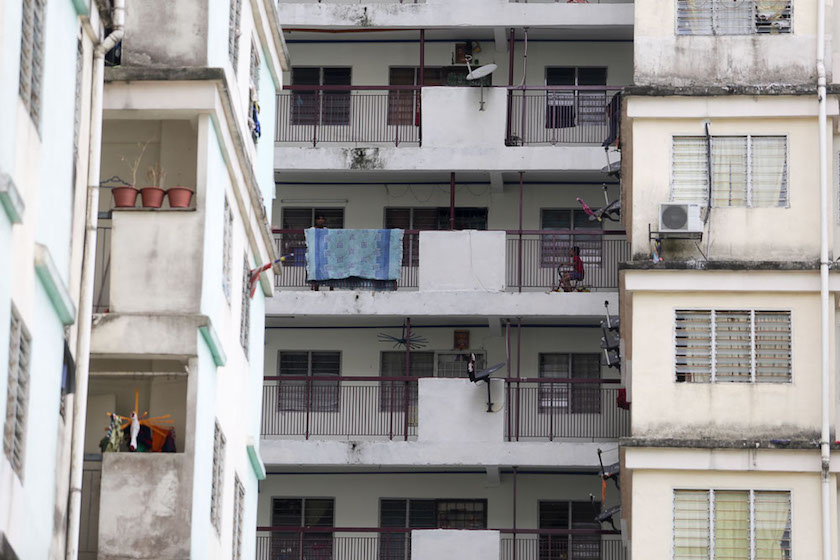
Source: Malay Mail
Thirdly, there is a need for proper housing and related infrastructure for the poor. Without decent accommodation and access to vital facilities such as schools, markets, and public transport, there would be a lack of motivation to seek employment. There is a need for proportionate budget allocation that links all these vital areas in resolving urban poverty.
In my constituency, there is a historical Pari tower built by the late SP Seenivasagam that has been abandoned for years without any action taken by the local authorities. I urge that this building be rebuilt to house the poor in my constituency and that similar projects should be done across the nation. There should be budget allocation to rebuild abandoned buildings to house the poor.
These areas must also be equipped with free access to the Internet so that these communities can communicate and work online with ease.
5. Training on recycling

From the view of sustainable development, it is vital that the urban poor is trained on recycling products. A buyback system should be created where selected recyclables such as steel, paper, plastic, aluminum, and electronic waste could be sold to those who need it.
Even though there are some who are currently in the business of recycling, they are unable to move due to the pandemic lock down. The government should allocate a budget to create an infrastructure that would encourage the business of recycling among the wider poorer segment of the population.
Therefore, it’s time the Government addresses inequitable distribution that comes with rapid urbanisation. There is a need for equitable distribution of economic resources between urban, semi-urban, semi-rural, and rural areas.
The abovementioned suggestions should be incorporated into the upcoming Budget 2021 to ensure a holistic solution to reduce relative poverty in urban areas. This would be an antidote to the damning report on the urban poor by the United Nations Population Fund.
M Kulasegaran
DAP National Vice Chairman
MP for Ipoh Barat



